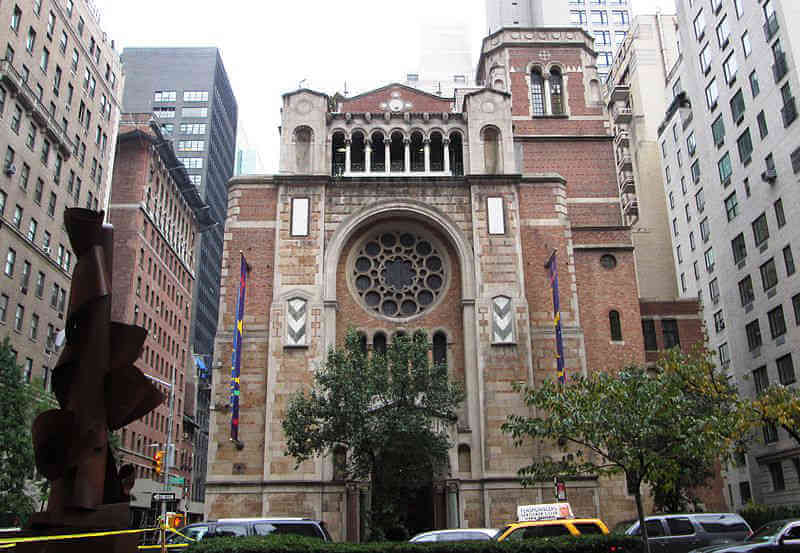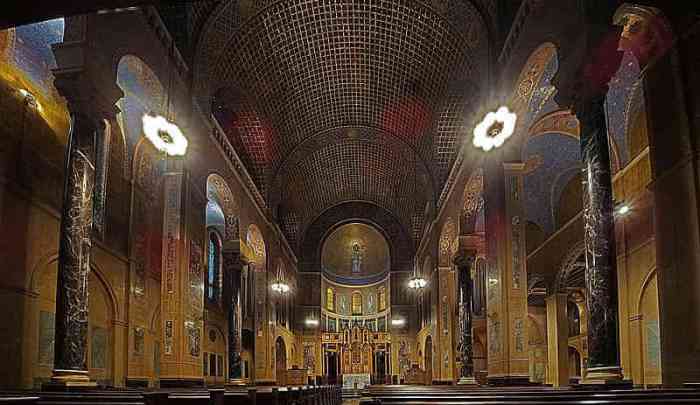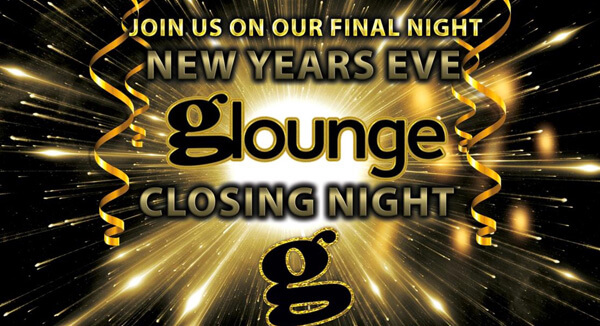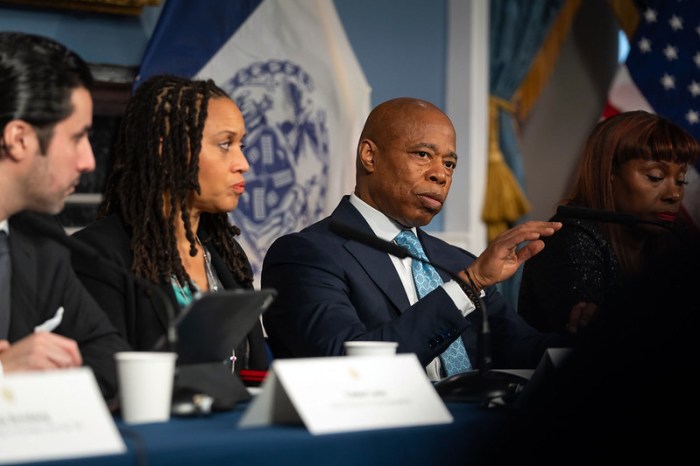The United Methodist Church is preparing to split over disagreements about LGBTQ clergy and same-sex marriage, culminating a years-long fracture that blew open at the Christian denomination’s global conference last year.
Church leaders, pointing to “fundamental differences,” announced a plan January 3 under which a more conservative “traditional Methodist” denomination would break away from the main Church. The breakaway traditionalists would likely maintain hardline stances on marriage and clergy, while the main Church seems headed toward opening the door for same-sex marriages and queer clergy — in some form or another.
Under the plan, brokered by Church leaders from the United States, Africa, Europe, and the Philippines, the traditionalist side would receive $25 million in funds from the United Methodist Church, while an additional $2 million would be allocated for the future in case additional congregations choose to leave the main Church.
The Church is also recognizing its own role in racism and vowing to steer $39 million to “support communities historically marginalized by the sin of racism,” including giving Black, Latinx, Pacific Islander, and Asian communities greater say in the church’s decision-making process.
The plan still needs to be approved at the Church’s general conference, slated for May 5-15 in Minneapolis. But its confirmation is all but certain, with the Church stating that its leaders have “promised to support it and no other.”
“The undersigned propose restructuring The United Methodist Church by separation as the best means to resolve our differences, allowing each part of the Church to remain true to its theological understanding, while recognizing the dignity, equality, integrity, and respect of every person,” stated an eight-page protocol document outlining the split.
The Reconciling Ministries Network (RMN), which is working for LGBTQ inclusion in the Methodist Church, reacted to the agreement with cautious optimism. RMN executive director Jan Lawrence expressed in a written statement that she has been leery of tactics employed by the traditionalist side, but ultimately concluded that “the aim of this protocol is a new beginning for people known as United Methodists — one that brings renewed hope to us all.”
Still, she said, “During that transition period, we must work together to ensure that we transition into the future in good faith and with every intention to do no harm.”
While local churches will be able to vote on whether they will join the breakaway traditionalist Church, the United Methodist Church that exists after the Minneapolis general conference will then have to follow up with another conference to settle on the terms for allowing same-sex marriages and LGBTQ clergy.
The rift in the Church was exposed on a broader scale at the 2019 general conference in St. Louis, where more than 800 leaders voted 438 to 384 to keep the Church’s existing bans on LGBTQ clergy and same-sex marriage. While many American-based Church leaders voted for a “One Church Plan” that would have moved the denomination in the direction of accepting marriage equality and queer clergy, many complained that international Church leaders from nations with homophobic laws and cultural traditions were the ones who carried the traditional plan to victory in that vote.
Reverend Stephen Bauman of the Manhattan-based LGBTQ-friendly Christ Church, United Methodist — who said he has broken Church rules in the past by performing same-sex marriages at the church — told Gay City News after that vote last year that there has been growing support domestically for LGBTQ inclusion in the Church.
“There is a very strong opposition still, probably about one-third of the [American] church, but I certainly think there has been an overall shift in the United States,” he said.
Yet, despite ranking as the third-largest denomination in the nation behind the Catholic Church and the Southern Baptist Convention, the share of Methodist followers in the US appears to have dwindled. United Methodist Insight, a Methodist news and information website, cited Methodist officials in November as saying that American representation in the Church is dropping two percent annually and that the US might no longer be home to the majority of Methodist followers worldwide.
And Pew Research Center surveys conducted in 2018 and 2019 found that the percentage of American adults who identify as Christian dipped 12 points over the past decade, while the percentage of those who identify as atheist, agnostic, or “nothing in particular” jumped from 17 percent in 2009 to 26 percent by 2019.
That data suggest that the Church’s opportunities for stanching the decline in members might be enhanced by putting the bitter divisions of recent years behind it.
The Washington Post reported that should African congregations decide to stay within the United Methodist Church, they may be given local autonomy to continue exclusionary policies regarding marriage vows and clergy.
The United Methodist Queer Clergy Caucus, a group of LGBTQ people who are ordained clergy in the Church, did not return emails seeking comment for this story.

































